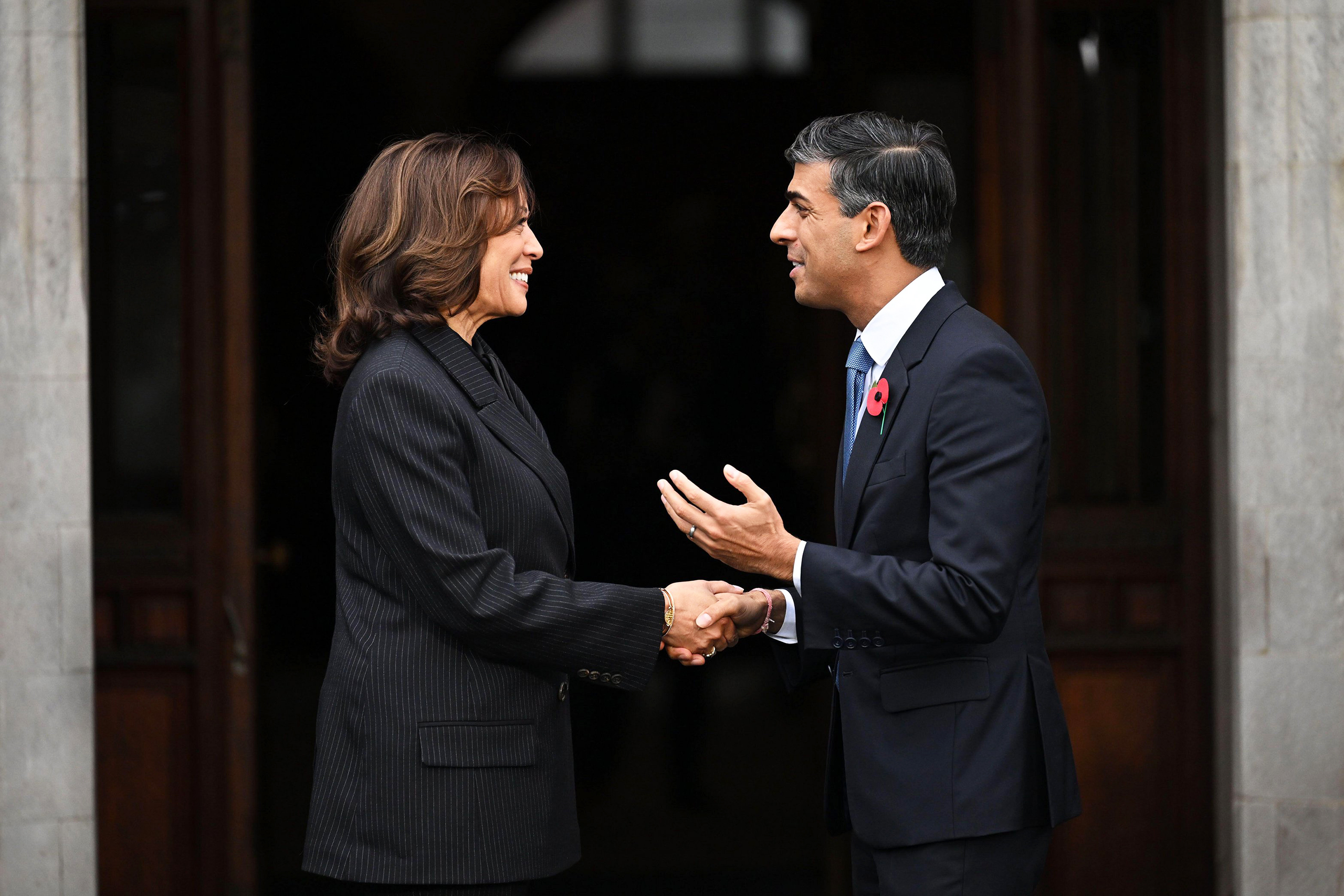


The 2024 elections across the globe have highlighted a significant governance crisis, with nearly half of the global population participating in what Time magazine dubbed 'the ultimate election year.' This year marked a notable shift in political landscapes, as evidenced by John Burn-Murdoch's observations in the Financial Times, which noted a 'graveyard of incumbents.' All ten major countries tracked by ParlGov experienced substantial losses for governing parties, a phenomenon not seen in 120 years. In the UK, the Conservative Party suffered a nearly 20-point drop to Labour, while France's Ensemble and Portugal's Socialists lost over 14 and 13.4 points, respectively [5f5900f7].
Economic concerns, particularly the rising cost of living and inflation, played a pivotal role in shaping voter sentiment. In the United States, former President Donald Trump faced a narrow defeat margin of only 2.9 points, attributed to a combination of economic performance and shifting voter demographics. Despite setbacks, there are indications of a narrowing electoral college edge for Democrats, suggesting potential for future gains, although Peter Brent cautions against over-optimism given the long political cycle ahead and Republican efforts to solidify their position [5f5900f7].
In Canada, the 2024 Investment Innovation Conference highlighted similar sentiments, with Don Guy, founding partner at GT & Co. Executive Advisors, noting a global rejection of establishment systems following the coronavirus pandemic. This shift has led to anti-incumbent election results, with two-thirds of Canadians blaming the federal government for inflation. Only 14% of Canadians reported feeling financially secure, and younger voters are increasingly gravitating towards conservative causes due to economic concerns [95cae496].
In Britain, Prime Minister Rishi Sunak has been vocal about the political system's focus on short-term gains, set against a backdrop of 15 years of economic stagnation, which has led to record child poverty and overcrowded prisons. Sam Freedman, in his book 'Failed State: Why Nothing Works and How We Fix It,' critiques the excessive centralization of power and the reliance on private companies for public services, arguing that these systemic issues hinder effective governance [e7bf9d5a].
The Conservative Party's long-standing governance during this stagnation is under scrutiny, with Labour also bearing some responsibility for the economic challenges faced by the nation. Freedman emphasizes the necessity for institutional reforms to address these governance failures, highlighting that the UK is the most centralized country in the developed world, which limits local government power and exacerbates issues of executive dominance and lack of parliamentary scrutiny [e7bf9d5a].
As political landscapes evolve and public trust diminishes, the implications for democracy in both the US and UK become increasingly critical. The upcoming elections in Germany and Canada may further test the resilience of incumbents, as both nations grapple with similar challenges in their democratic frameworks [5f5900f7].